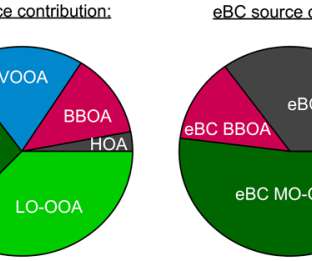QUILL researchers showcasing ionic liquid-based processes for removing mercury from natural gas, capturing CO2
Green Car Congress
JUNE 30, 2014
Researchers from QUILL —the Queen’s University (Belfast) Ionic Liquid Laboratories—will display a novel process for removing toxic mercury from natural gas using ionic liquids at the Royal Society’s Summer Science Exhibition. That’s why we call them ‘designer liquids’ as we can alter their properties to suit specific purposes.

























Let's personalize your content